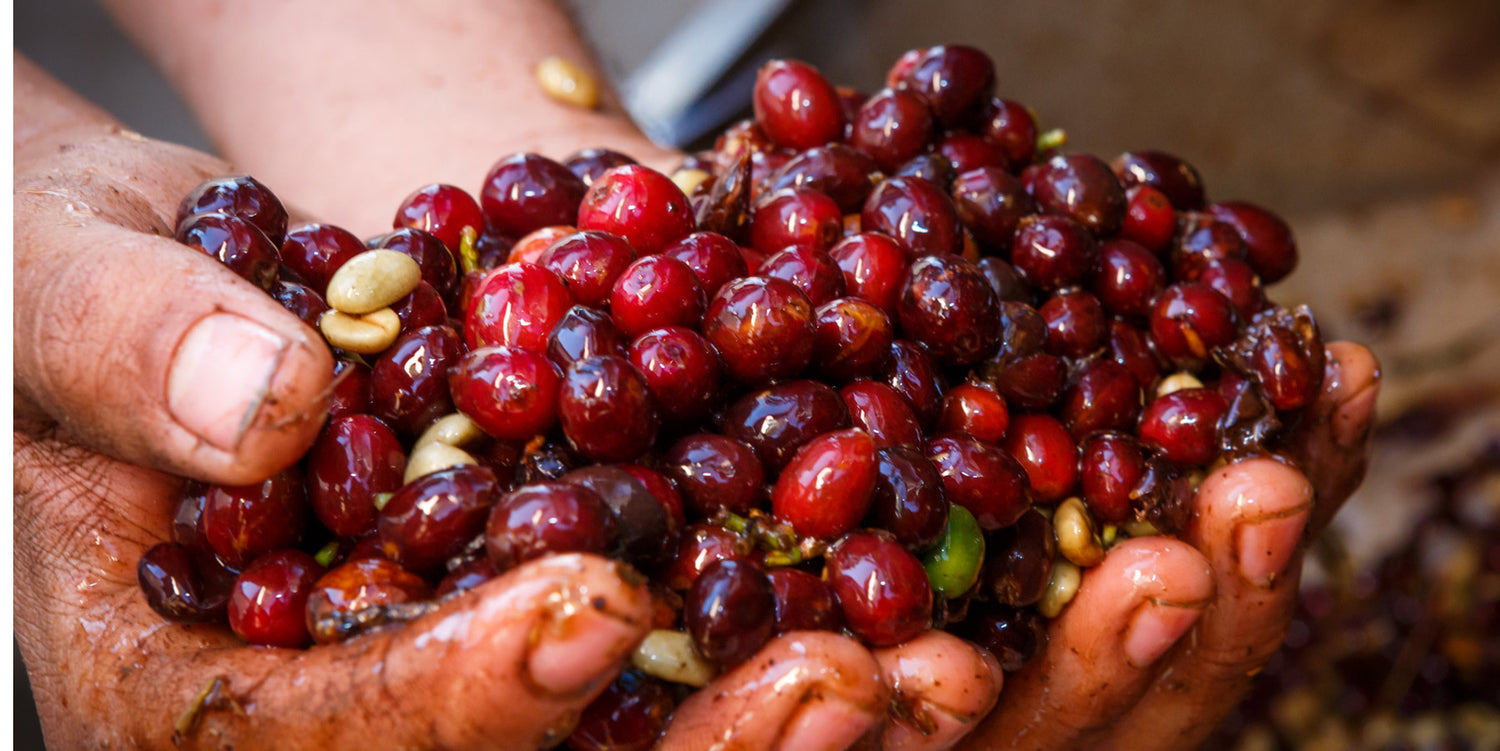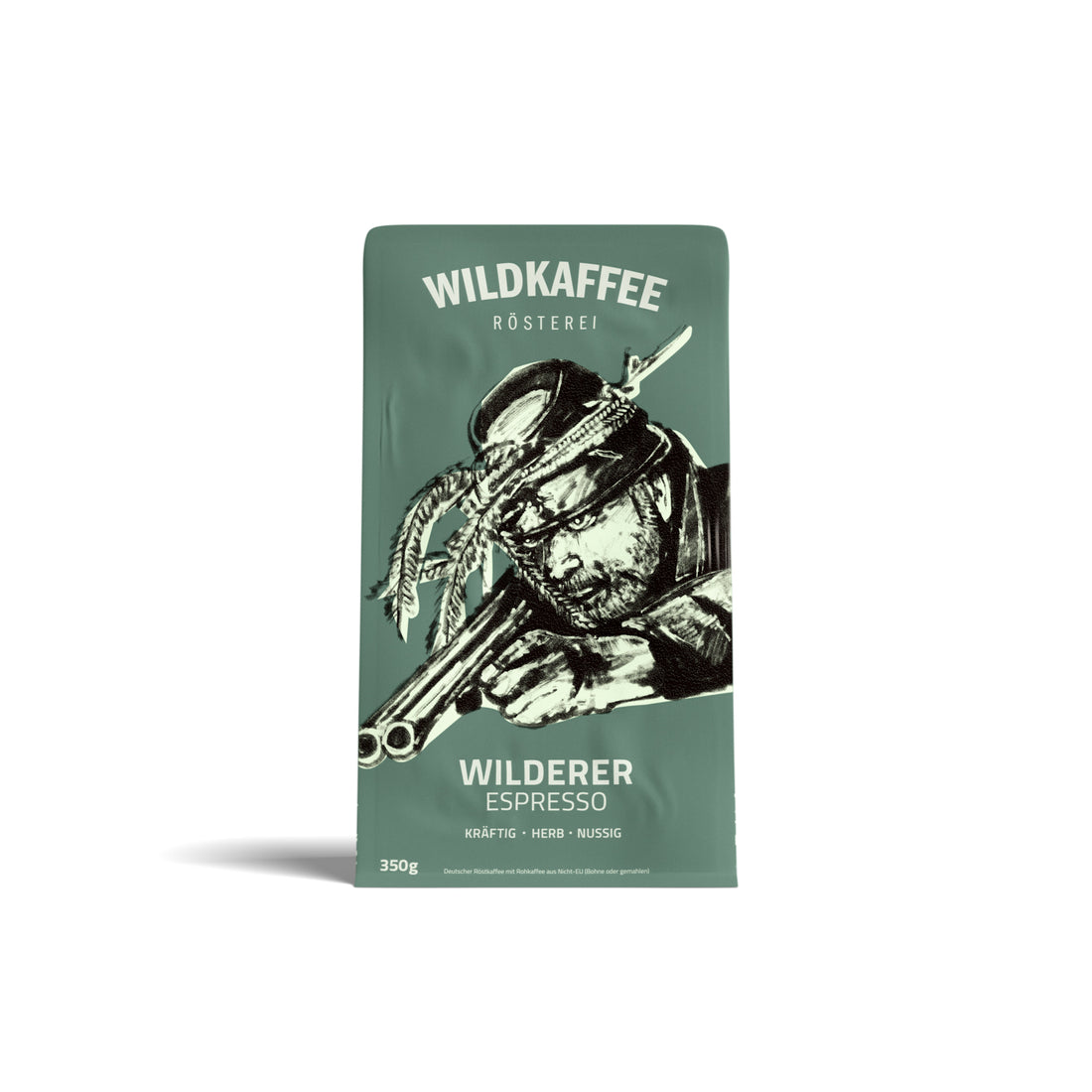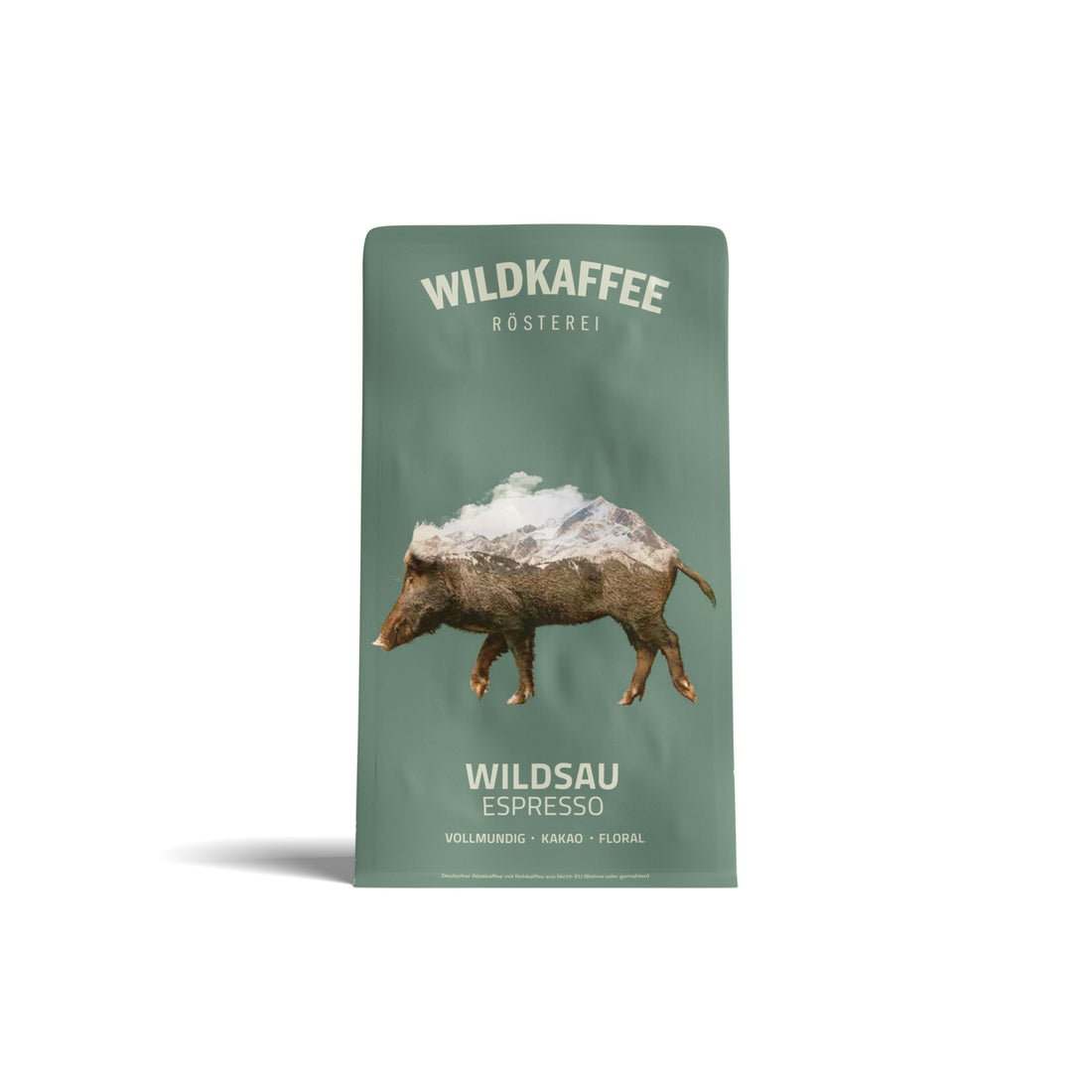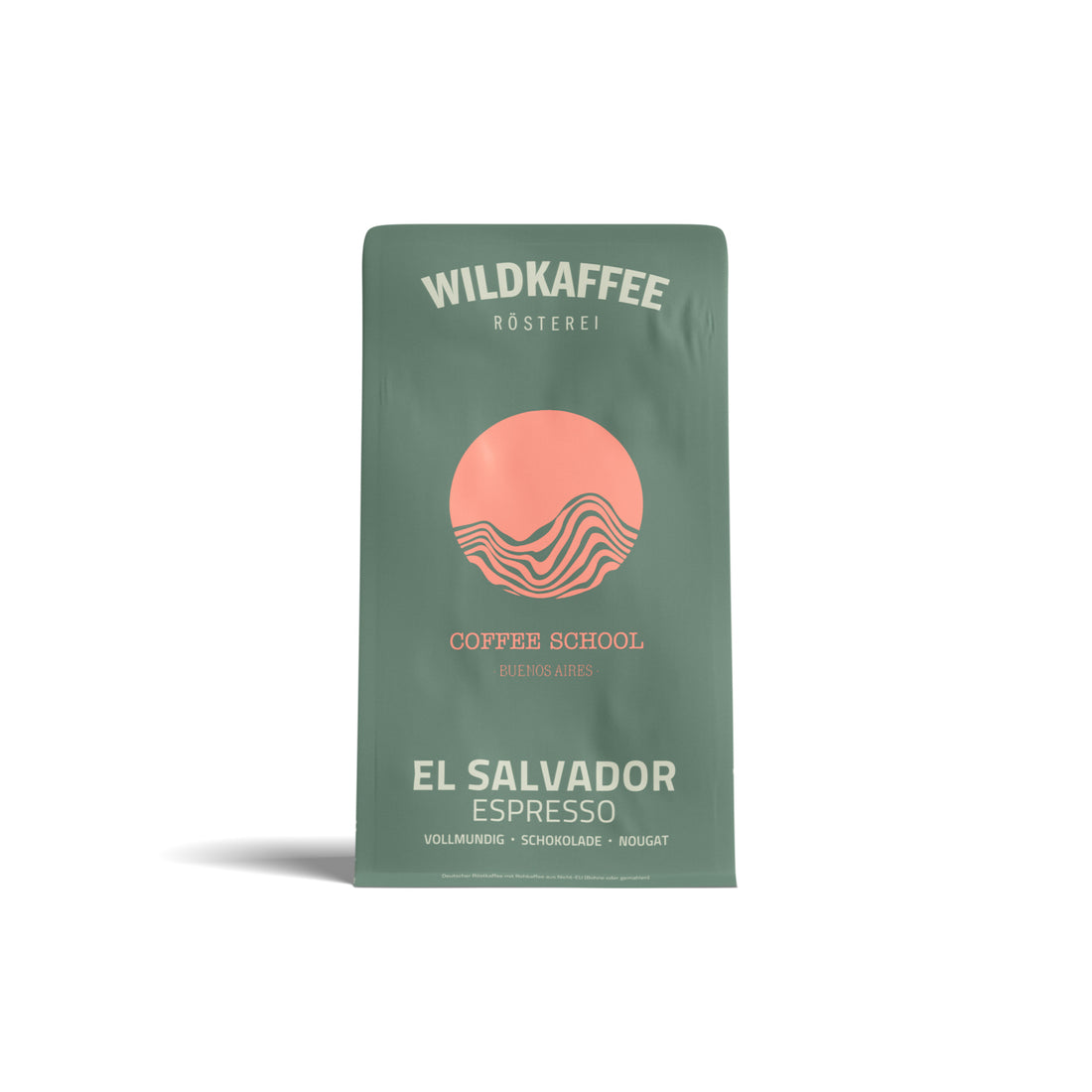Sustainable coffee enjoyment – more than just organic
Coffee lovers usually want to enjoy it not only in a delicious way, but also in an ethical and environmentally friendly way. But what actually makes a brand sustainable – and what should you look for when buying? Here, we introduce you to well-known sustainable coffee brands and show you how to recognize responsible coffee.
What does “sustainable coffee” mean?
Sustainability in coffee encompasses several aspects:
- Social sustainability: Fair or direct trade that creates living wage prices and relies on long-term partnerships with producers
- Ecological sustainability: Organic or biodynamic cultivation of coffee plants, soil protection, few pesticides without chemicals, no overexploitation of nature
- Economic sustainability: support of local structures, transparency and traceability of coffee, social projects in the countries of origin
- Climate protection: CO₂ compensation, low-emission roasting , sustainable packaging, reuse of cardboard and further processing of roasting residues (silver skins) into biogas.
Many brands combine these aspects—some focus on specific ones. At Wildkaffee, all aspects are important to us, and we strive to continually evolve.

Some sustainable coffee brands at a glance
There are now many small and medium-sized roasters out there that also embrace sustainability . We can't name them all here—especially since we don't know them all. So we've picked a few: first and foremost, of course, us! 😊
Wild Coffee Roastery – Quality, transparency and nature conservation combined
The Wildkaffee Rösterei from Garmisch-Partenkirchen is one of the pioneers in the field of sustainable specialty coffees in Germany. Since its founding in 2010, the team led by founders Stefanie and Leonhard Wild has pursued a clear mission: the highest quality through direct trade , genuine transparency , and a respectful approach to nature and people.
Origin and direct trade
From the very beginning, Wildkaffee has consistently relied on direct trade —purchasing beans directly from small farmers and cooperatives worldwide. Unlike anonymous trade through middlemen, this approach builds long-term partnerships, pays fair prices well above the world market level, and cultivates personal relationships. The roastery sources beans from, among others:
- Ethiopia (Yirgacheffe, Guji)
- Guatemala (Huehuetenango)
- Colombia, Peru, El Salvador and Honduras
- Indonesia
- India and many more
Many of our partner farms operate biodynamically and in harmony with their environment – even without official organic certification. We transparently document the origin of each bean and also tell the stories of the people behind them on our website.
Roasting and craftsmanship
Roasting is done in small batches using drum roasting , gently and precisely, to bring out the individual flavor profile of each bean. Whether fruity filter coffee or strong espresso – our master roasters Josef Staltmayr and Leonhard Wild develop a perfect roast profile for every origin. This combines sensory analysis, years of experience, and technical expertise. Our philosophy is: "The bean is the star – we only get the best out of it."
Sustainable projects and responsibility
A key unique selling point is our own "Coffee School Project." We are not only committed to sustainable coffee cultivation in El Salvador, but also aim to promote these structures through targeted training so that all local farmers benefit equally. The cultivation of specialty coffee should once again be seen as a starting point for new livelihood opportunities. Together with theNGO advance.coffee , we also support the "Impossible National Park" reforestation project in El Salvador. Furthermore, we support the Arhuacos coffee project in Colombia.
What makes us special as Wild Coffee:
- Transparency at every level: origin, cultivation, farmers – everything is openly visible
- No mass-produced goods: Only specialty coffee with scores >85
- Commitment beyond the horizon: Biodiversity , education and development
- Appreciation: For coffee as a cultural asset – and for the people behind it

Coffee Circle
Berlin-based Coffee Circle also relies on direct collaboration with farmers in the countries of origin. Among other things, one euro for every kilo sold goes to social projects. The focus is on initiatives in the areas of health, education, sustainable coffee cultivation, fair supply chains, and climate resilience for a more sustainable coffee industry. The company also focuses on transparency and the people behind the coffees.
El Rojito
The Hamburg-based roastery El Rojito is known for its sustainable coffees from smallholder cooperatives in Nicaragua and other Central and South American countries. It's important to the Hamburg-based company to pay a fair price to the producers and protect the climate. To achieve this, a portion of the purchased green coffee is even transported to Germany by sailing ship. In addition, much of the roasted coffee is delivered in Hamburg by cargo bike and human power. Furthermore, El Rojito is not-for-profit. Surpluses are reinvested for the benefit of retailers, used to build reserves, or donated to projects that promote a world of solidarity.
Original Food
- Coffee from Ethiopian rainforests at fair prices above world market levels
- Protection of the Kaffa Biosphere Reserve for 20 years and since 2016 also a project in Sheka
- Supports traditional harvesting methods and biodiversity in Ethiopia
How do I recognize sustainable coffee brands?
There are various ways to identify sustainable coffee brands. However, it's not that easy these days because, unfortunately, greenwashing is also a common practice in this industry.
One way to recognize sustainability is through certifications: Fairtrade, organic, Naturland, Rainforest Alliance, Demeter, etc.
However, a company can operate sustainably even without certifications. For wild coffee, for example, we do not use seals because , among other things, certification requires the small farmers to pay for it , which is often an unmanageable financial burden.

Further points are …
- Transparency : Origin and producers are traceable
- Direct trade : without middlemen, with fair payment far above world market level
- Commitment : Own projects, educational initiatives, CO₂ compensation
- Packaging: Recyclable, compostable or plastic-free
Conclusion: Sustainability begins with coffee purchase
Anyone who wants to drink sustainable coffee has many good options today – from specialty coffee from small roasteries to well-known organic brands on supermarket shelves. The brands mentioned demonstrate that good taste and a clear conscience don't have to be mutually exclusive. You can quickly and easily find out more about your preferred roaster online or contact the roaster directly. And when you shop with us, you can be sure that you're getting not only sustainable coffee, but above all, very high-quality and delicious coffee .




